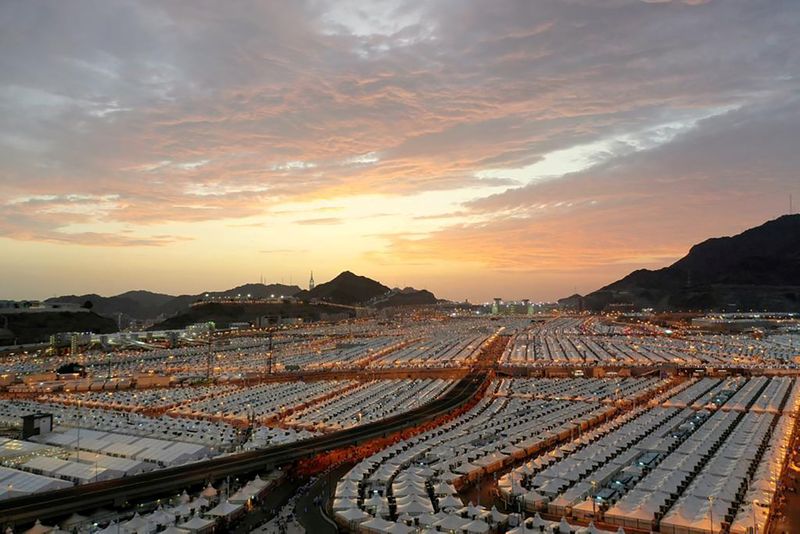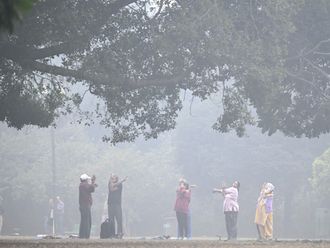1 of 18
![Copy of 350664-01-02 [1]-1595995612560](https://imagevars.gulfnews.com/2020/07/29/Copy-of-350664-01-02--1--1595995612560_17398c06591_original-ratio.jpg)
2 of 18
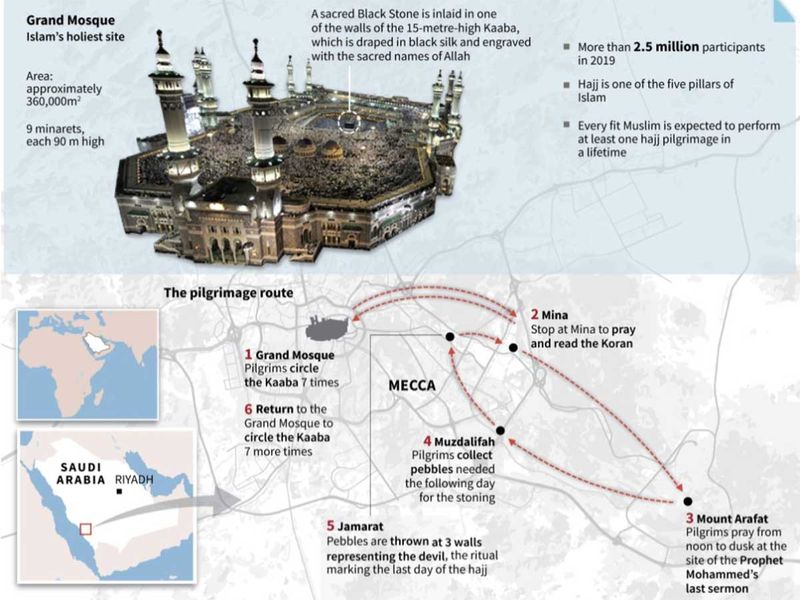
3 of 18
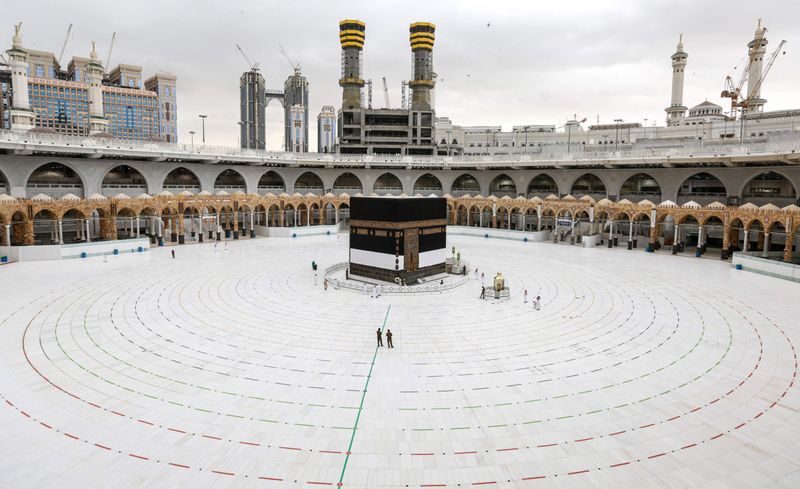
4 of 18
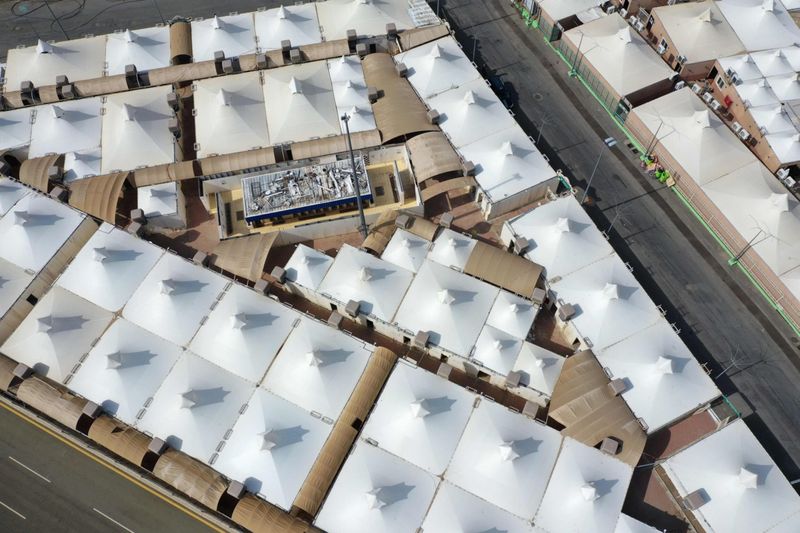
5 of 18
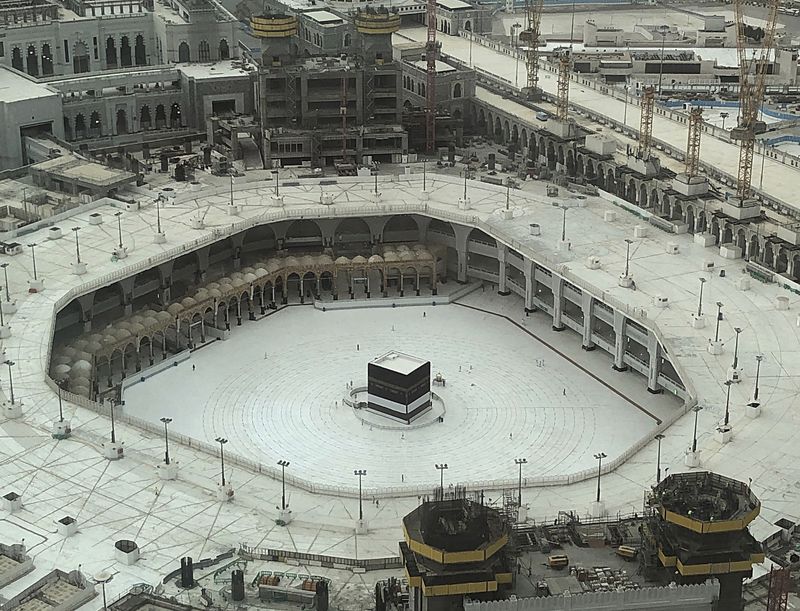
6 of 18
![Copy of 2020-07-22T094920Z_468069240_RC29YH9F28KA_RTRMADP_3_HEALTH-CORONAVIRUS-SAUDI-HAJ [2]-1595995637790](https://imagevars.gulfnews.com/2020/07/29/Copy-of-2020-07-22T094920Z_468069240_RC29YH9F28KA_RTRMADP_3_HEALTH-CORONAVIRUS-SAUDI-HAJ--2--1595995637790_17398c0c821_original-ratio.jpg)
7 of 18
![Copy of 2020-07-22T094954Z_1717241106_RC29YH9F2BPB_RTRMADP_3_HEALTH-CORONAVIRUS-SAUDI-HAJ [1]-1595995632867](https://imagevars.gulfnews.com/2020/07/29/Copy-of-2020-07-22T094954Z_1717241106_RC29YH9F2BPB_RTRMADP_3_HEALTH-CORONAVIRUS-SAUDI-HAJ--1--1595995632867_17398c0b4e4_original-ratio.jpg)
8 of 18
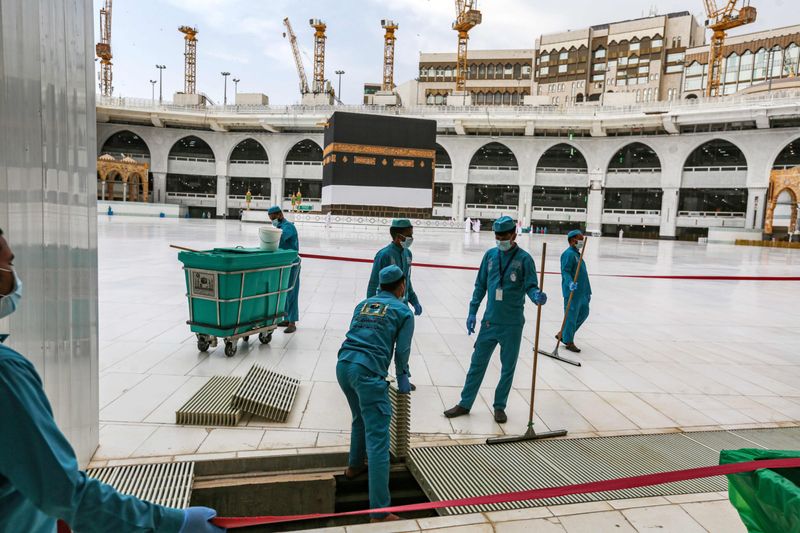
9 of 18
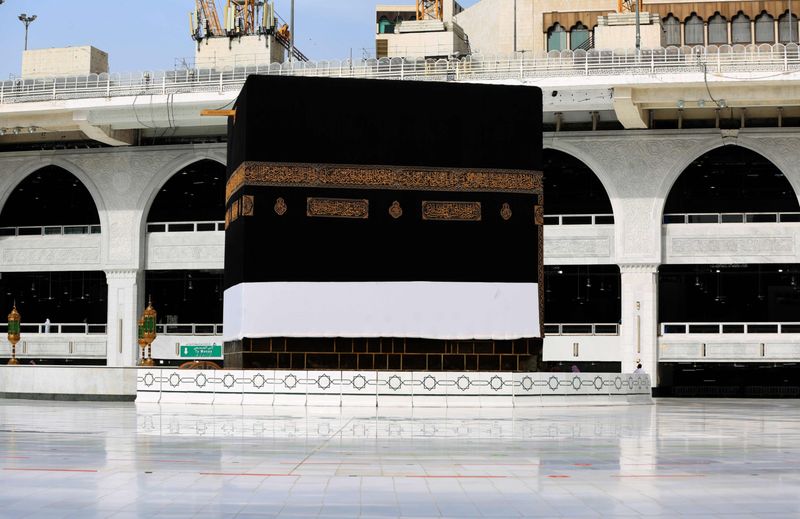
10 of 18
![Copy of 358371-01-02 [1]-1595995621633](https://imagevars.gulfnews.com/2020/07/29/Copy-of-358371-01-02--1--1595995621633_17398c08902_original-ratio.jpg)
11 of 18
![Copy of Saudi_Hajj_41329.jpg-2358d [1]-1595995616067](https://imagevars.gulfnews.com/2020/07/29/Copy-of-Saudi_Hajj_41329.jpg-2358d--1--1595995616067_17398c07344_original-ratio.jpg)
12 of 18
![Copy of 360558-01-02 [2]-1595995650334](https://imagevars.gulfnews.com/2020/07/29/Copy-of-360558-01-02--2--1595995650334_17398c0f91f_original-ratio.jpg)
13 of 18
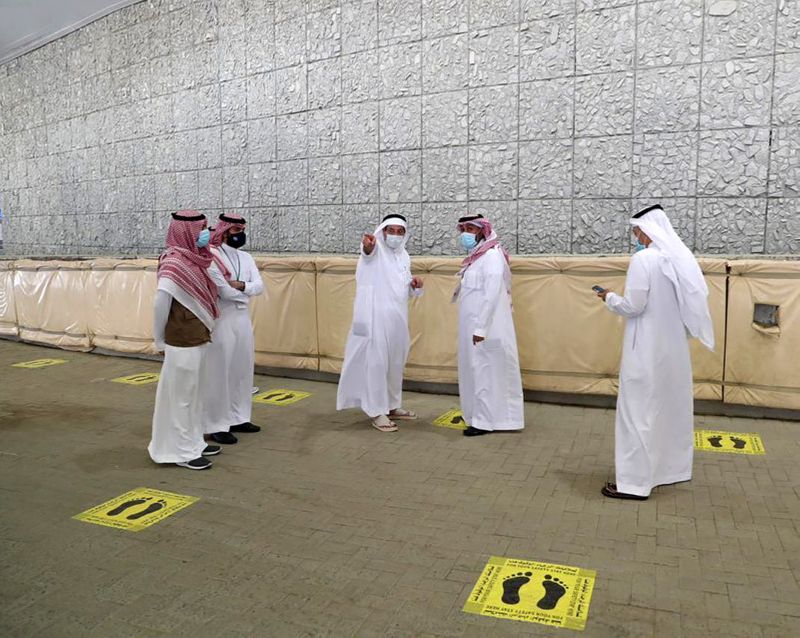
14 of 18
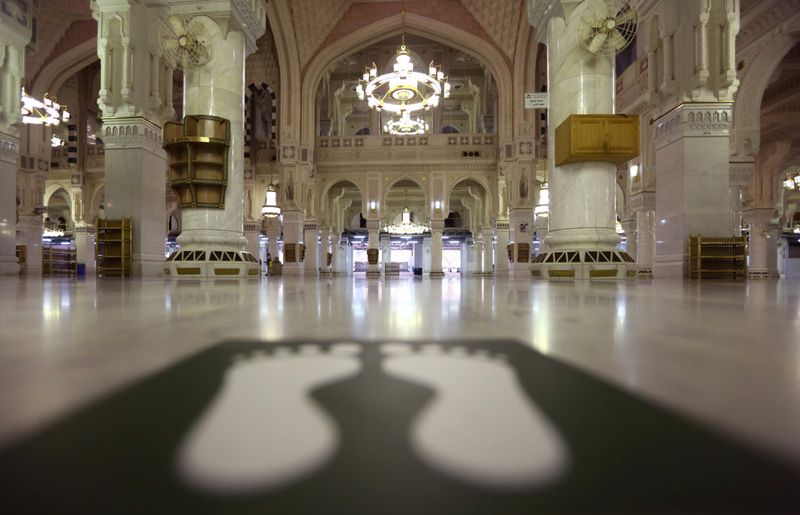
15 of 18
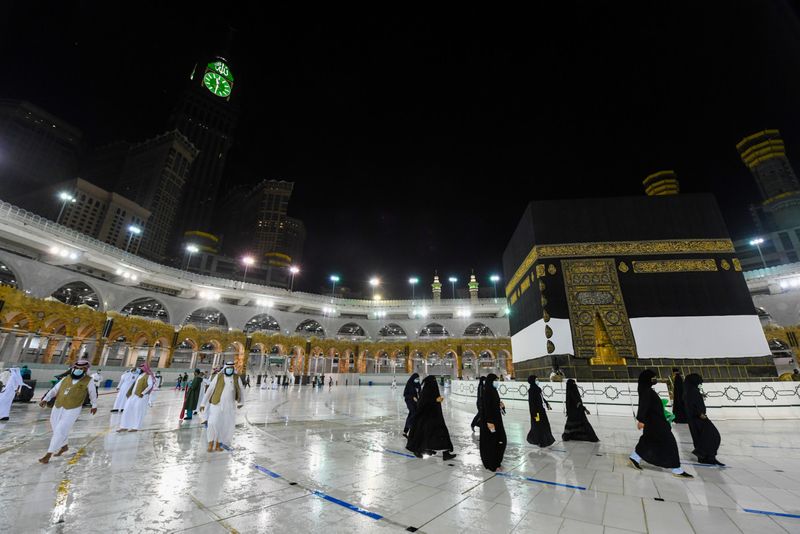
16 of 18

17 of 18
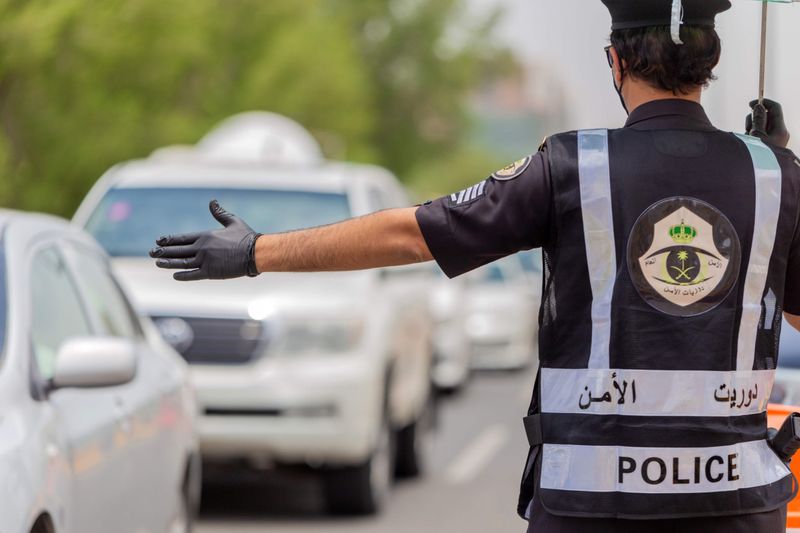
18 of 18
